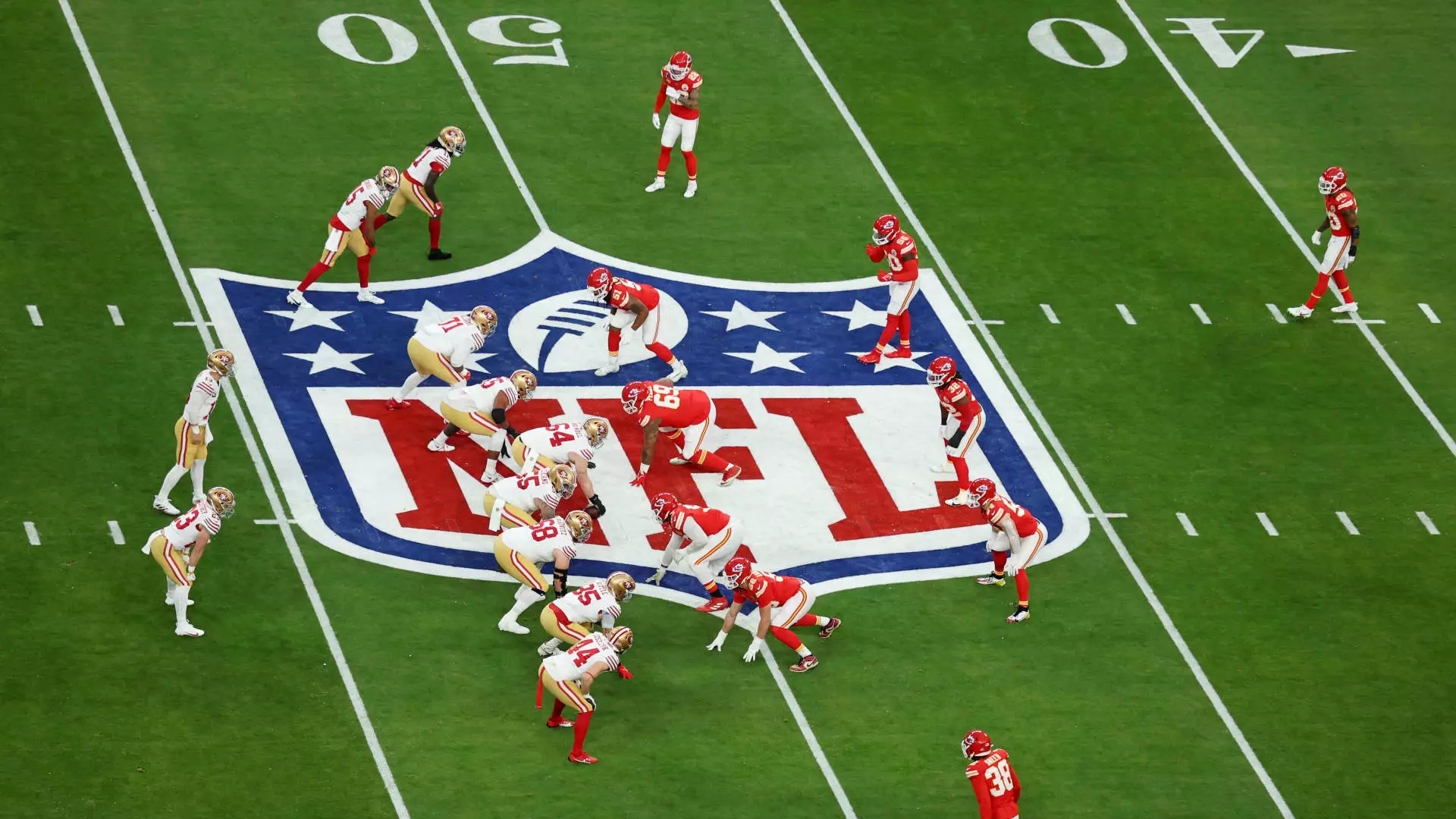Last year, media giants heavily relied on sports as they aimed to attract advertisers during the Upfronts meeting week. This was a strategic move given the Hollywood strike and cost cutting that impacted their content and star power. Fast forward to this year, even though the presentations saw the return of stars post-strike, sports still took center stage compared to scripted shows. Due to the repercussions of the previous year’s work halt, some media companies had a limited number of series and movies to showcase during their presentations. Furthermore, cost-cutting measures by major companies like Disney and Warner Bros. Discovery further exacerbated the situation. Live sports continued to be the highlight of the Upfront meetings as it attracts the largest audiences and, consequently, the most advertising revenue. “[The companies] benefited in terms of earnings during the strike. And there was hesitance to ramp up due to the challenges of understanding how content expenditure was driving return,” said Tom Rogers, Orbit Gaming and Entertainment executive chairman and former NBC Cable president. There was a noticeable shift in the way traditional media companies operated due to the declining appeal of traditional TV and the escalating fees associated with airing live sports events.
Content Offerings
Disney showcased trailers for its upcoming Disney+ series, “Agatha All Along” and “Daredevil: Born Again,” while for its cable network FX, the focus was solely on the upcoming season of the popular series “The Bear.” Warner Bros. Discovery highlighted series like “House of the Dragon” and “And Just Like That,” both being spinoffs of HBO series. Emphasizing that a strong content slate, whether sports or entertainment, is just one aspect of the equation, Amy Leifer, chief advertising sales officer at DIRECTV Advertising, stressed the importance of ads in supporting the modern TV experience. In recent years, films have played a crucial role in the Upfronts, particularly with streaming services like NBCUniversal’s Peacock benefiting from blockbuster releases such as “Oppenheimer.” Comcast’s NBCUniversal was focused on promoting the upcoming musical film “Wicked” and the renewal of some Peacock original series. However, the summer movie box-office season is anticipated to witness a significant shrinkage of around $800 million this year, with a limited number of blockbuster films being released. The anticipation for the fourth quarter is high with major titles like Warner Bros.’ “Joker: Folie a Deux,” Paramount’s “Gladiator II,” Disney Animation’s “Moana 2,” and Universal’s “Wicked” slated for release.
The Rise of Streaming Giants
Tech behemoths like Netflix and Amazon Prime Video, which have recently introduced cheaper ad-supported tiers to their streaming platforms, made strong appearances during the Upfronts week. Amazon, now owning MGM Studios, highlighted renewals and upcoming seasons of original series like “Mr. and Mrs. Smith,” “The Boys,” and “The Summer I Turned Pretty.” On the other hand, Netflix announced a sequel to Adam Sandler’s “Happy Gilmore” along with a range of new series. The NFL continued to dominate the Upfront presentations this year with key sports events such as the Summer Olympics and NBA attracting massive TV and streaming audiences, along with substantial advertising revenue. The significance of upfront buying has lessened outside of securing placements in live sports, as noted by Mike Dupree, chief revenue officer at Teads. The modern TV landscape heavily relies on the availability of quality content in an on-demand setting, reducing the scarcity that was traditionally associated with the upfront model.
Media giants took calculated risks by banking on major events like the Summer Olympics, upcoming films like “Wicked,” and sports icons such as Jason Kelce to draw attention and generate excitement. Despite the challenges they faced due to the Hollywood strike and cost-cutting measures, the shift towards sports-centric content was a strategic move to engage advertisers and capture a wider audience. The evolving landscape of the entertainment industry, especially in the realm of streaming platforms and live sports programming, underscores the need for continuous adaptation and innovation to stay relevant in a rapidly changing environment.


Leave a Reply